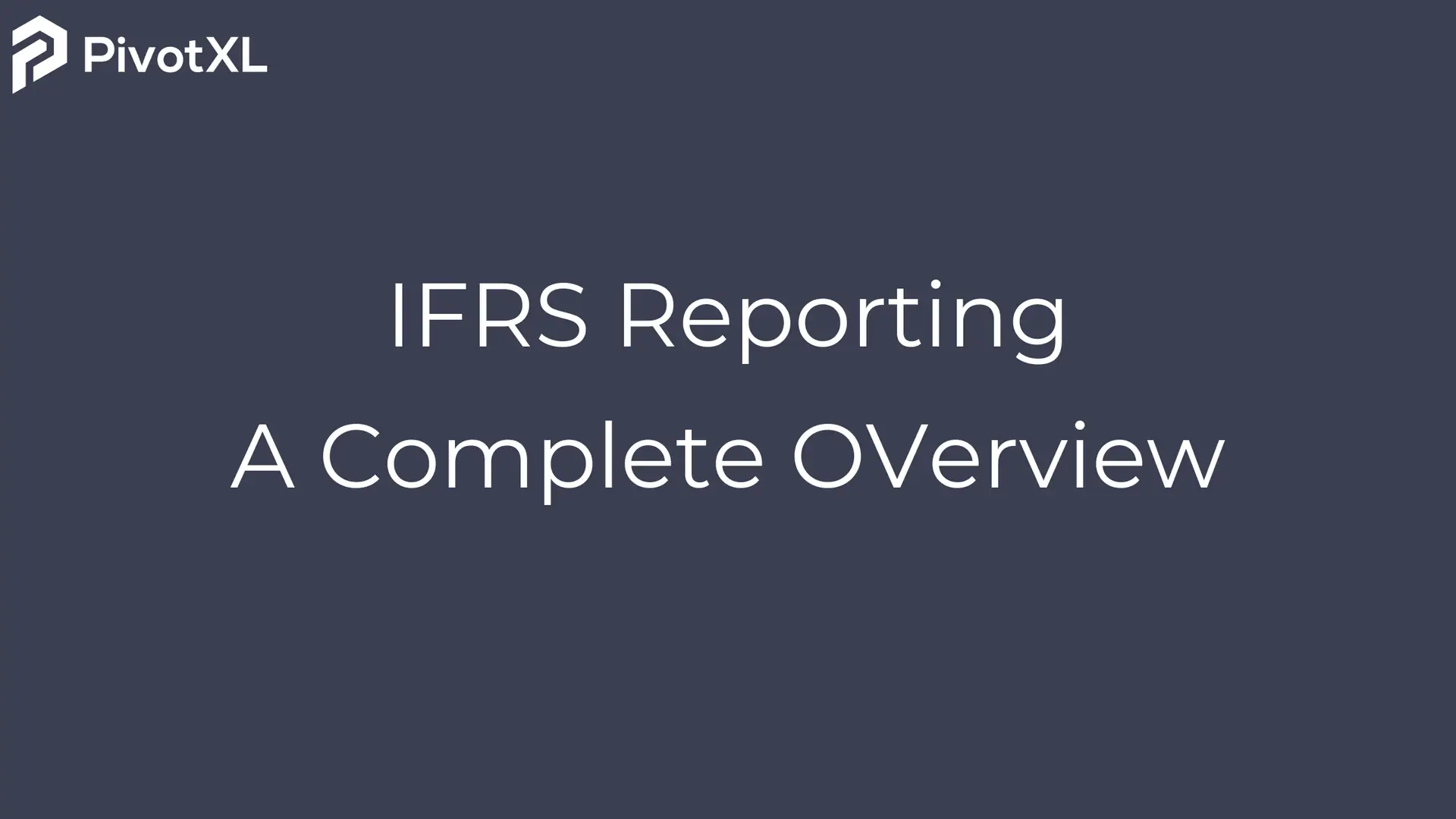International Financial Reporting Standards (IFRS) are globally recognized accounting standards developed and maintained by the International Accounting Standards Board (IASB). IFRS is designed to provide a common accounting language, enabling transparency, accountability, and efficiency in financial reporting worldwide. This blog delves into the essentials of IFRS, its benefits, and its role in shaping global business practices.
What is IFRS?
IFRS comprises a set of accounting standards that dictate how companies should prepare and disclose their financial statements. These standards ensure consistency, comparability, and reliability of financial information across borders, facilitating informed decision-making by investors, stakeholders, and regulators.
Key Features of IFRS Reporting
- Principle-Based Standards: Unlike rigid rule-based frameworks, IFRS focuses on principles, allowing flexibility in application while ensuring compliance with fundamental accounting concepts.
- Global Adoption: Over 140 countries, including those in the European Union, Canada, and parts of Asia and Africa, have adopted IFRS, making it a dominant standard for financial reporting.
- Comprehensive Coverage: IFRS addresses a wide range of financial reporting areas, including revenue recognition, financial instruments, leases, and employee benefits.
Benefits of IFRS Reporting
- Global Comparability: IFRS provides a uniform framework for financial reporting, enabling investors to compare financial statements of companies across different countries easily.
- Improved Transparency: By emphasizing full disclosure, IFRS enhances the clarity and credibility of financial information.
- Increased Investment Opportunities: A standardized approach attracts foreign investors by reducing uncertainty and promoting trust in financial reports.
- Facilitation of Cross-Border Transactions: Companies operating in multiple jurisdictions benefit from a consistent accounting framework, streamlining mergers, acquisitions, and joint ventures.
Core IFRS Standards to Know
- IFRS 1: First-time Adoption of International Financial Reporting Standards
- IFRS 9: Financial Instruments
- IFRS 15: Revenue from Contracts with Customers
- IFRS 16: Leases
- IFRS 17: Insurance Contracts
Challenges in IFRS Implementation
While IFRS offers numerous advantages, its adoption is not without challenges:
- Training and Expertise: Companies need to invest in training their accounting teams to ensure proper implementation.
- Cost Implications: Transitioning to IFRS can involve significant costs, including system upgrades and consultancy fees.
- Complexity: The principle-based nature of IFRS requires professional judgment, which can be challenging for some organizations.
IFRS vs. GAAP
One common comparison in financial reporting is between IFRS and Generally Accepted Accounting Principles (GAAP), primarily used in the United States. While both aim to ensure accurate financial reporting, they differ in:
- Flexibility: IFRS is principle-based, while GAAP is rule-based, offering more detailed guidance.
- Inventory Valuation: IFRS prohibits the use of the Last-In, First-Out (LIFO) method, while GAAP permits it.
- Revenue Recognition: IFRS emphasizes a five-step model, while GAAP follows more prescriptive industry-specific guidelines.
The Future of IFRS Reporting
As globalization accelerates, the adoption of IFRS is expected to expand, further harmonizing financial reporting standards worldwide. The IASB continues to refine and develop standards to address emerging challenges, such as sustainability reporting and digital currencies.
Conclusion
International Financial Reporting Standards (IFRS) play a pivotal role in fostering global financial cohesion. By promoting transparency, comparability, and accountability, IFRS ensures that businesses can operate seamlessly across borders, attracting investors and driving economic growth. Whether you are an investor, a business owner, or a financial professional, understanding IFRS is essential in today’s interconnected global economy.
For more insights on IFRS and its implications for your business, feel free to reach out or explore additional resources on our blog.




